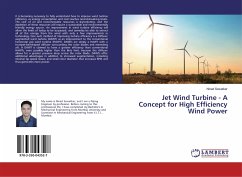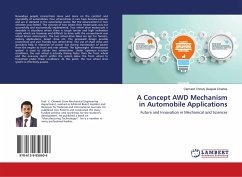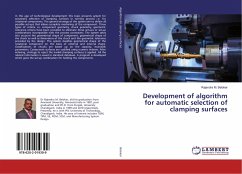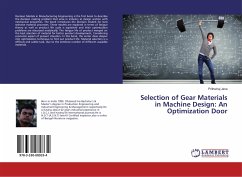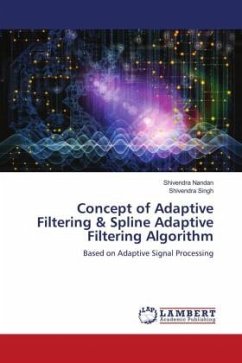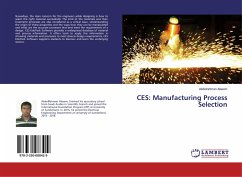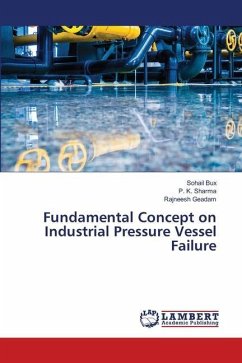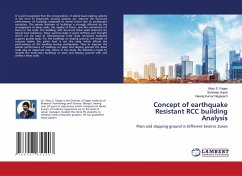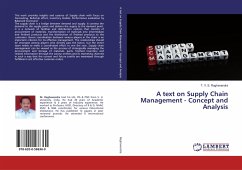
A Methodology for Product Concept Selection Using Fuzzy Logic
Versandkostenfrei!
Versandfertig in 6-10 Tagen
29,99 €
inkl. MwSt.

PAYBACK Punkte
15 °P sammeln!
This research explores the concept selection process in product development, which involves evaluating different concepts based on predefined criteria and selecting the most suitable ones for further investigation. The traditional framework of concept selection relies on evaluating concepts across multiple criteria and aggregating the results to make the final decision. However, this study introduces a novel perspective called "The Sieve and Root Methodology of Concept Selection." In this approach, each selection criterion acts as a "sieve" to test the concept alternatives. Each concept carrie...
This research explores the concept selection process in product development, which involves evaluating different concepts based on predefined criteria and selecting the most suitable ones for further investigation. The traditional framework of concept selection relies on evaluating concepts across multiple criteria and aggregating the results to make the final decision. However, this study introduces a novel perspective called "The Sieve and Root Methodology of Concept Selection." In this approach, each selection criterion acts as a "sieve" to test the concept alternatives. Each concept carries a "Fineness score" based on ratings obtained from a criterion tree structure. The relative importance of criteria is represented as "Sieve Pore Sizes," reflecting stakeholders' expectations. Concepts that successfully pass through the sieves are used to generate hybrid concepts that meet stakeholders' expectations. Technical feasibility and cost constraints further refine the selection process. Fuzzy logic is employed to determine Fineness scores and Sieve Pore Sizes. The methodology is demonstrated through a scenario of steering wheel concept selection.



